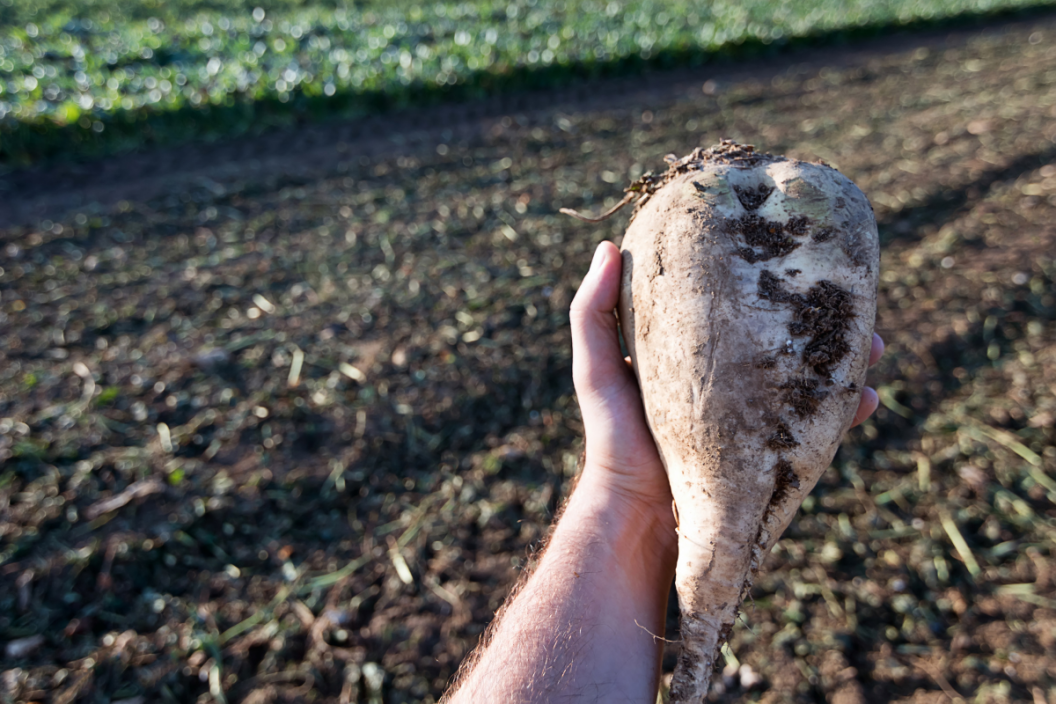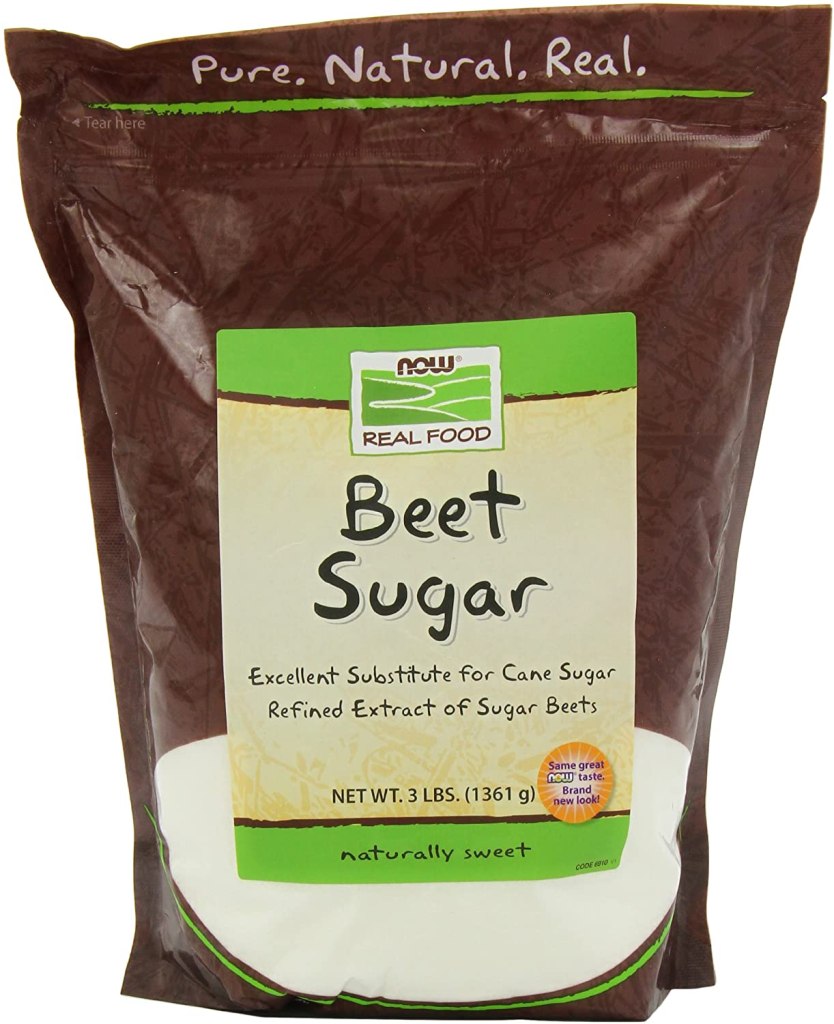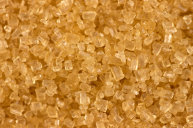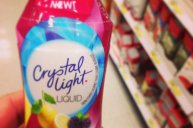There are a lot of different types of sugar. It can be hard to know the difference between beet sugar, cane sugar, white sugar, brown sugar, raw sugar, table sugar, fructose, agave nectar, and other sweeteners. The sugar industry is booming, and with it, lots of options for how you get your sugar content in. Do you want to use sugar crystals? Beet molasses? How about sugars from different plants? Whatever you want, sugar factories everywhere are probably churning it out. Organic beet sugar is all the rage right now, but how does beet sugar differ from cane sugar anyway?
What is Beet Sugar?
https://www.instagram.com/p/CQFUeZwH7Qr/
Beet sugar is made from the sugar beet plant, which is a root vegetable related to beetroot and chard, Healthline reports. "Beet sugar producers slice the washed beets, then extract the sugar with hot water in a 'diffuser,'" Wikipedia says. An alkaline solution is then used to "precipitate impurities."
It is one of the most common plants used in the production of white sugar. It can also make other types of refined sugar, like molasses and brown sugar.
What is Cane Sugar?
Cane sugar is, perhaps unsurprisingly, sugar made from sugar cane. Cane sugar producers crush the vegetable material from sugarcane to collect and filter juice that they often treat with lime (calcium oxide) to remove impurities before it is neutralized.
It is not known for being particularly healthy, but it does have some health benefits. WebMD notes, "Your body's primary source of energy is a simple sugar called 'glucose,' which comes from the breakdown of sugars."
What is the Difference Between Beet Sugar and Cane Sugar?
They differ in how they are processed and produced during the refining process.
Making the beet version of this sweetener "involves thinly slicing sugar beets to extract the natural sugar juice," Healthline reports. "The juice is purified and heated to create a concentrated syrup, which is crystallized to form granulated sugar."
Meanwhile, cane sugar is often processed using bone char, which helps bleach and filter white sugar during sugar production.
Sucrose in general is a common sugar used for human consumption that is refined from either sugarcane or sugar beet.
When it comes to sugar producers and growers, Wikipedia notes that sugar mills are usually in tropical regions, while sugar beet factories are located in temperate climates where the vegetable is grown.
Are They the Same Nutritionally?
Nutritionally, the sugars are almost the same. "Fully refined sugar is 99.9% sucrose, thus providing only carbohydrate as dietary nutrient," Wikipedia notes.
Seasoned cooks and bakers may say there is a slight difference in taste between the two when making baked goods.
Finally, all sugarcane produced now in the United States is considered non-GMO, while 95 percent of sugar beets are genetically modified, according to Healthline. So if that matters for your diet, it's something to pay attention to when you're buying sugar.
Products featured on Wide Open Eats are independently selected by our editors. However, when you buy something through our links, we may earn a commission.






